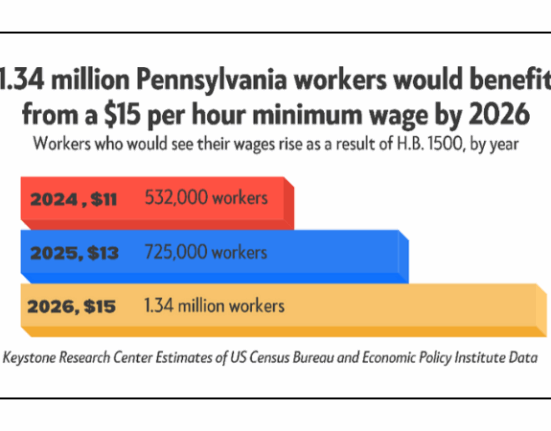Kat Wang had been an office manager at a construction company for over 14 years, diligently taking on more responsibilities as the years passed. With each passing year, Kat made it a point to ask her boss for a raise, hoping her dedication and increased workload would be duly compensated. However, much to her disappointment, her requests were consistently turned down.
In frustration, Kat recounts how her boss justified denying her pay raises by stating that salaries were benchmarked against a job description that had not changed. Despite this explanation holding some truth, Kat knew she had taken on far more than what was outlined in her initial job description. This led to mounting dissatisfaction and eventually prompted Kat to make the tough decision of seeking new opportunities elsewhere.
After exploring other options, she landed a similar role in the construction industry where she finally had the chance to negotiate a salary that reflected her worth. Looking back on this experience, Kat reflects on missed opportunities and acknowledges that she could have been earning significantly more while managing a lighter workload all those years.
“I always thought loyalty paid off, but loyalty isn’t my priority now. I believe in being fairly compensated for my contributions and receiving regular increases,”
shares Kat candidly.
The issue of fair compensation versus loyalty is increasingly relevant today as workers face mounting financial pressures due to rising costs of living across various essentials like healthcare, housing, and food. In such challenging economic times, employees are compelled to prioritize their financial well-being over allegiance to their current employers.
Nicole Gorton from Robert Half emphasizes this shift in mindset among workers:
“Many feel undervalued as there’s often a disconnect between their expectations and what they’re currently earning.”
The growing trend of employees seeking higher-paying roles is evident across different sectors with notable salary increments observed particularly in technology fields like artificial intelligence and cybersecurity.
Recent data from the Australian Bureau of Statistics reveals a slight uptick (3.4%) in annual wage growth after several quarters of stagnation. This increase is largely attributed to new enterprise agreements within the public sector indicating evolving dynamics within the labor market.
A significant finding shows that over half of employees surveyed expressed willingness to leave their current jobs if offered better pay elsewhere—a clear indication of how monetary considerations increasingly influence career decisions. Employees are demanding salaries that align with their expertise and level of responsibility with many believing they deserve at least a 10% – 20% raise based on their contributions.
Kat’s story serves as a poignant reminder for individuals to proactively assess their market value regularly and advocate for fair compensation reflective of their skills and efforts. She stresses the importance of staying abreast of industry trends and seizing opportunities for professional advancement rather than settling for stagnant wages or unfulfilling roles.
Indeed, navigating pay raises and career growth can be challenging waters to navigate but by asserting one’s worth confidently like Kat did; individuals can steer towards fulfilling professional trajectories anchored on equitable remuneration principles.









Leave feedback about this